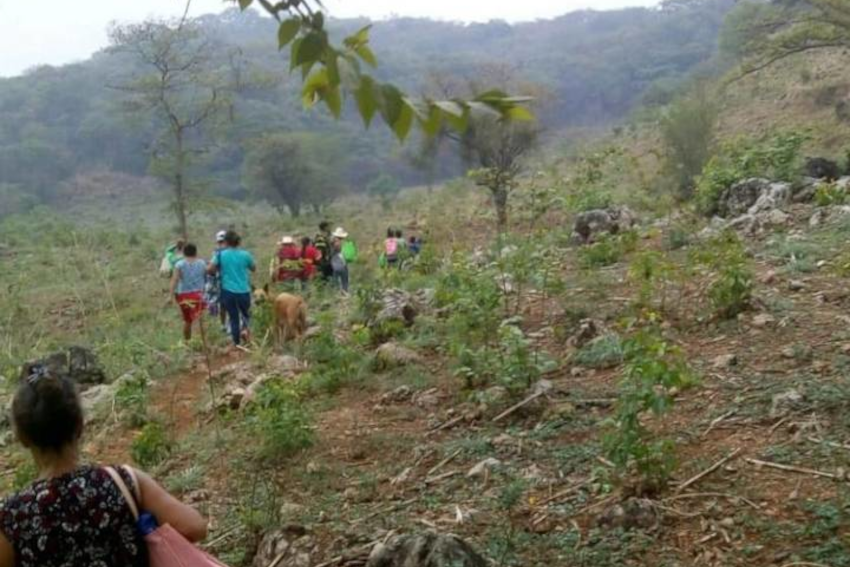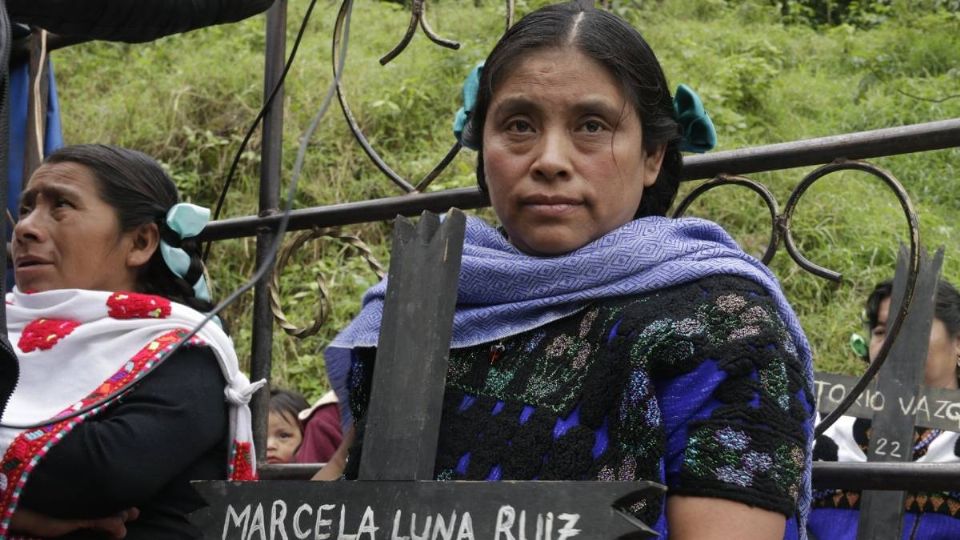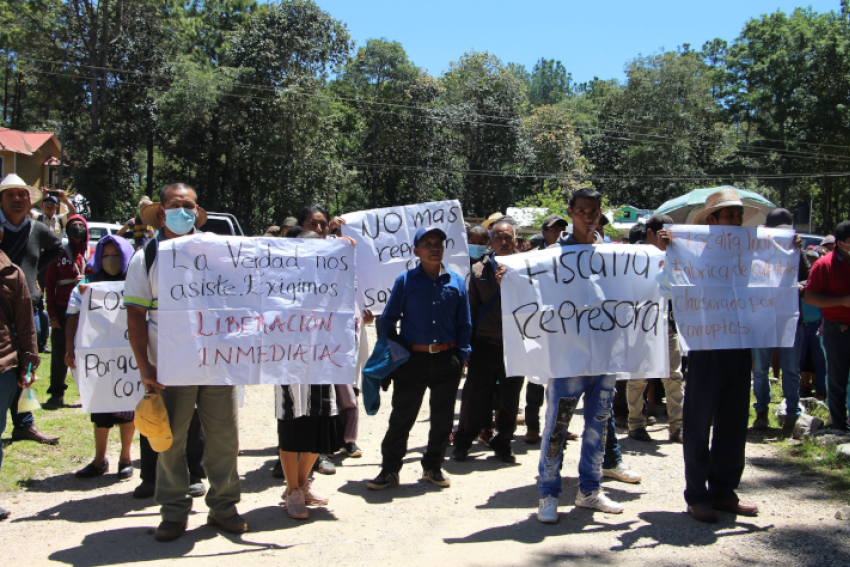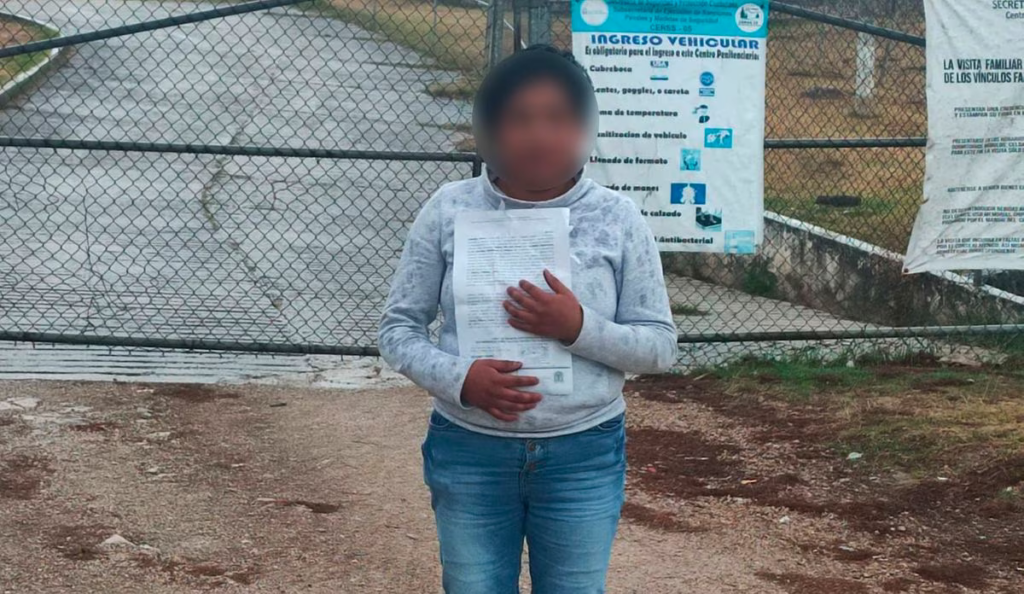Executions, Recruitment and Forced Displacement on the Southern Border of Chiapas
San Cristóbal de Las Casas, Chiapas May 28, 2023 Urgent Action No. 2 Permissiveness by the Mexican State of grave human rights violations The municipality of Frontera Comalapa, Chiapas, is experiencing a profound crisis due to the spiral of violence experienced in the region and which has intensified in recent days, violating the right to life and personal integrity of communities and towns, as a result of the territorial dispute between armed groups belonging to criminal groups under the auspices and observance of the municipal, state and federal governments. According to information this Human Rights Center has received, it is …
Executions, Recruitment and Forced Displacement on the Southern Border of Chiapas READ MORE »





